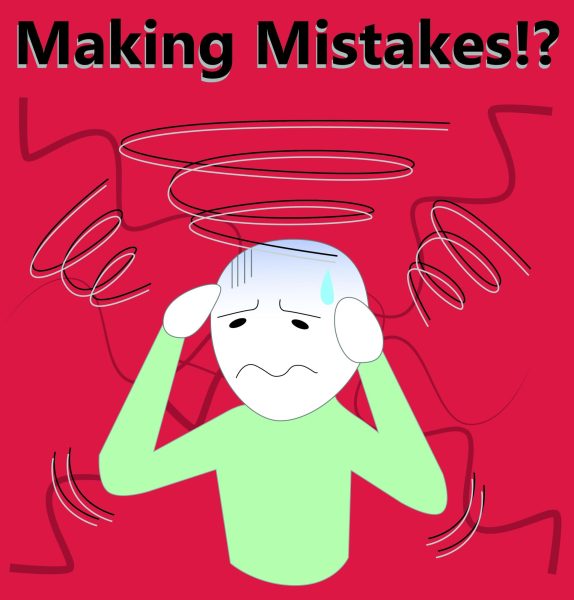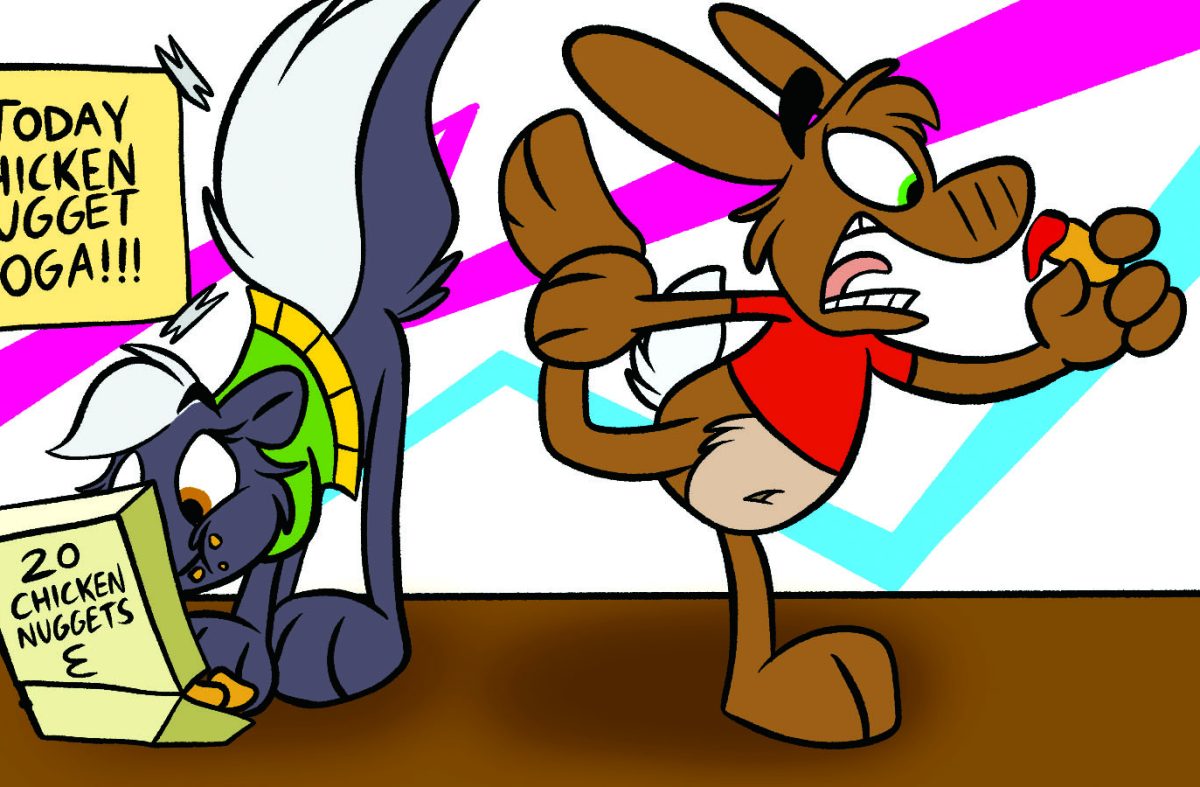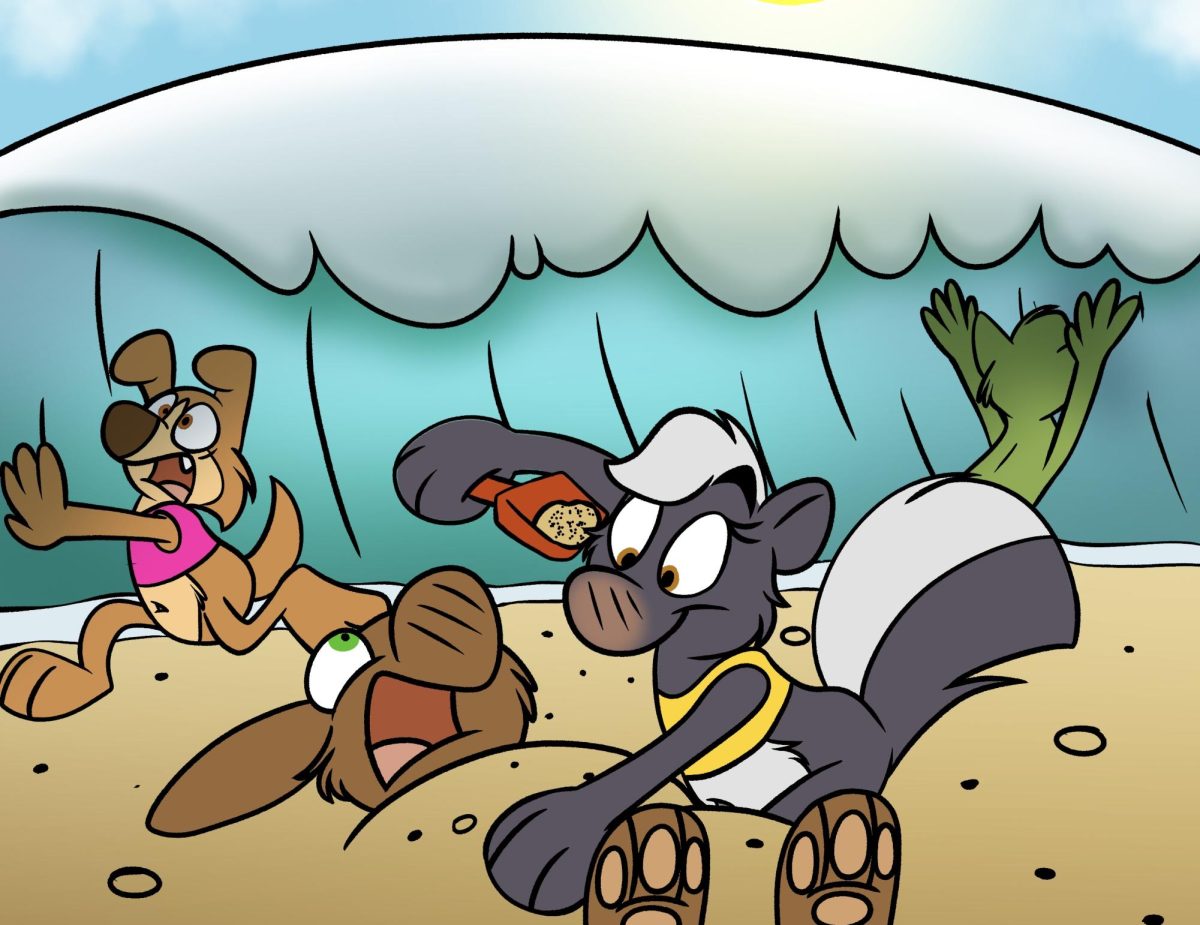
Mistake
[mi-steyk]
noun — an error in action, calculation, opinion, or judgment caused by poor reasoning, carelessness,
insufficient knowledge, etc.
a misunderstanding or
misconception.
Mistakes are a prevalent facet of life no one should feel ashamed of — that would be a mistake. For instance, the Dust Bowl, a famous ecological disaster in the Midwestern United States, took place because of severe drought and was exacerbated by naive farmers over-cultivating the land.
The severe dust storms and subsequent brown, flat and lifeless setting, as depicted in “The Grapes of Wrath” by John Steinbeck, impacted many humans and other species. Everyone in the world makes mistakes due to lack of experience, wisdom or judgment. As students begin the semester, it is possible to lose track of time, miss deadlines or the chance to complete an important assignment. Just know, it is OK to communicate this with professors and staff.
Although it may make some feel bad at the moment, it is important to jump back to reality. Making errors is not a sign of a brain deteriorating or wearing out; as people make these blunders, life still gets better.
Another aspect that is prevalent in people’s lives are conflicts — all types. A person should make their best effort to respect the population on campus. If a person is angry at someone, a situation or the entire day, they can remember to be calm and courteous. They can share their position with people they feel comfortable doing so and continue living. If they do something out of line, they should ask forgiveness.
Stumbling in the beginning of a school year is totally fine, especially when people acknowledge their mistake and change for the better. Don’t make past mistakes a habit. Learning from mistakes actually helps people succeed.
Learn now to manage time more wisely. Check the syllabus for classes and seek out other resources for help. Study smart and hard, too. Students should not hold themselves back. They can, instead, live with and learn from mistakes as they come!







